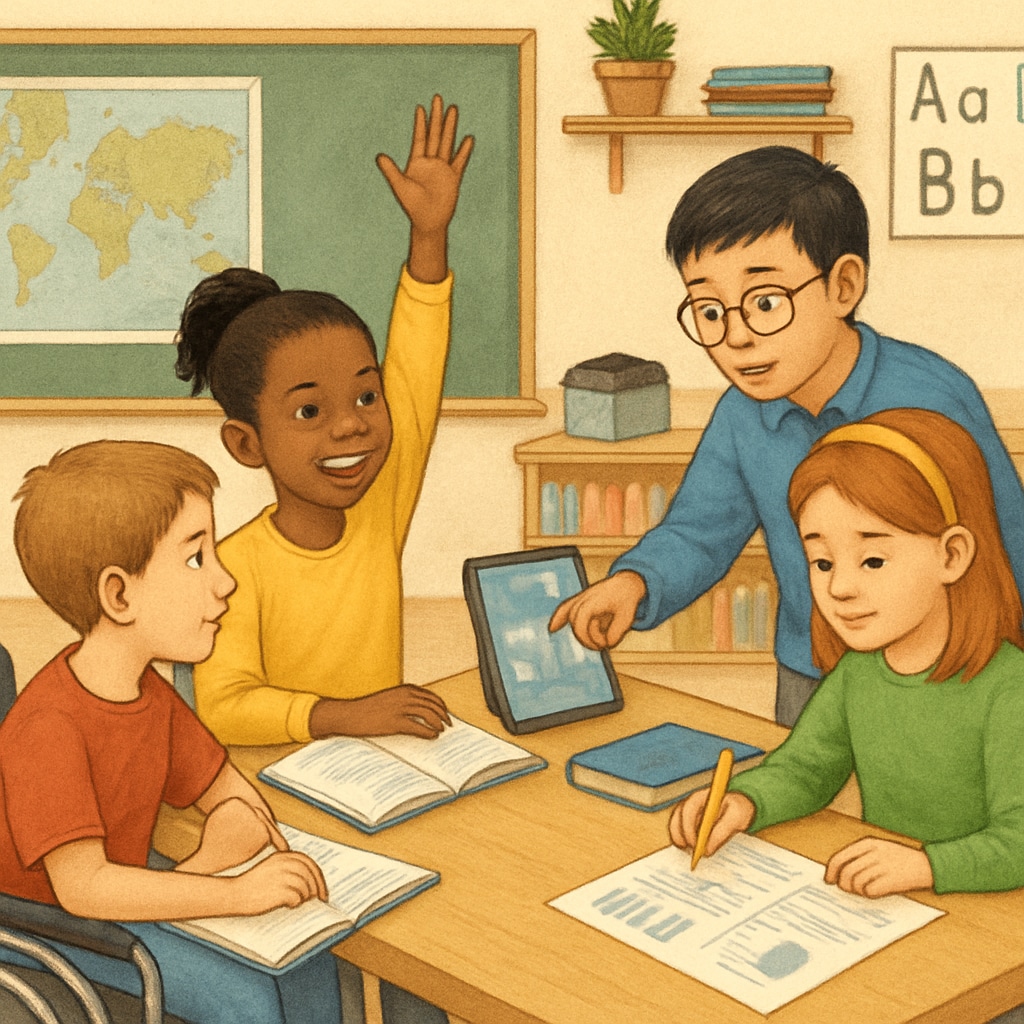The “genius” label within K12 education systems has become a double-edged sword. On one hand, it sets apart students perceived to have extraordinary abilities. On the other hand, it fosters exclusion, self-doubt, and unrealistic expectations for both those labeled as geniuses and their peers. This article delves into the negative consequences of labeling students, emphasizing the need for an inclusive, well-rounded approach to education.

How the “Genius” Label Marginalizes Ordinary Students
In schools, students who are designated as “genius” often receive special attention, resources, and recognition. While this may seem beneficial, it unintentionally creates a sense of inferiority among others. Ordinary students may begin to question their self-worth, feeling excluded from opportunities that seem reserved for a select few. As a result, they may develop a fixed mindset, believing their potential is limited compared to their high-achieving peers.
For example, research on educational labeling shows that marginalized students are less likely to participate in advanced classes or extracurricular programs, perpetuating a cycle of exclusion. This issue highlights the importance of fostering environments where every child feels valued and capable.
The Psychological Burden on “Genius” Students
While being labeled as “genius” may seem advantageous, it often comes with significant psychological pressure. These students are frequently expected to excel in every subject and maintain an unbroken record of achievement. Such expectations can lead to anxiety, burnout, and a fear of failure.
In addition, the “genius” label can create a rigid identity for students, limiting their ability to explore interests outside their perceived strengths. They may feel forced to conform to the expectations of teachers, parents, and peers, rather than pursuing their passions freely.

Moving Toward Inclusive Education Practices
To address the pitfalls of labeling, educators and policymakers must adopt more inclusive approaches. These strategies should focus on recognizing diverse talents rather than isolating students based on perceived genius. Here are some actionable steps:
- Promote Growth Mindsets: Encourage all students to believe in their ability to improve through effort and learning.
- Provide Equal Opportunities: Ensure access to advanced classes, resources, and extracurricular activities for every student.
- Foster Collaboration: Create classrooms that emphasize teamwork and mutual support rather than competition.
- Monitor Emotional Well-Being: Regularly assess the mental health of students to identify and address stress caused by academic pressures.
By implementing these practices, schools can create environments where every child feels empowered to succeed, regardless of labels.
Conclusion: Rethinking the “Genius” Label
The “genius” label in education systems, though well-intentioned, often leads to unintended consequences. It marginalizes ordinary students and places undue stress on those labeled as gifted. To create a more inclusive learning environment, schools must prioritize holistic development, recognizing that every child has unique strengths and potential. Only by dismantling labeling traps can we ensure that education truly serves all students.
Readability guidance: The article uses short paragraphs, clear transitions, and active voice to enhance accessibility. Lists are included to summarize key points, and keywords are evenly distributed for SEO purposes.


